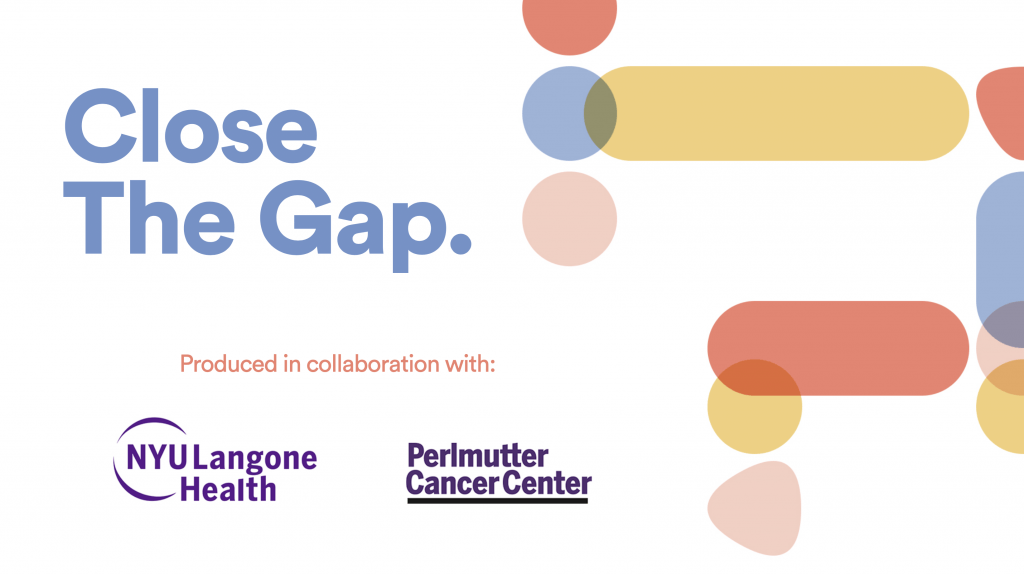Kareem Abdul-Jabbar Reveals Past Prostate Cancer
- Kareem Abdul-Jabbar, 73, penned an essay demanding better access to care for Black patients after revealing he’d previously battled prostate cancer.
- Black men are 60% more likely to get prostate cancer and two to three times more likely to die from it than their white counterparts.
- Prostate cancer has a very high survival rate and can be easily detected. Knowing your risk factors can help you determine when to get tested.
Read More“No one wants an NBA legend dying on their watch. Imagine the Yelp reviews.” – Kareem Abdul-Jabbar
In a bit of morbid humor, he wrote, “No one wants an NBA legend dying on their watch. Imagine the Yelp reviews.”
Many other Black Americans, he acknowledged, are not so fortunate. And while he recovered, he’s now working to advocate for sweeping changes to a health care system that too often neglects Black Americans – with fatal consequences.
Closing the Racial Gap
Abdul-Jabbar’s diagnosis speaks to a broader crisis: Black men are 60% more likely to get prostate cancer and 2-3 times more likely to die from it.
Staggeringly Higher Prostate Cancer Rates for Black & Latino Men
Black Americans have the highest cancer death rates and shortest post-diagnosis survival times of any racial or ethnic group.
Abdul-Jabbar acknowledged that his race made him statistically more likely to suffer a number of health complications beyond cancer.
“Being Black means I'm more likely to suffer from diabetes, heart problems, obesity, cancer, and a shorter life in general,” he wrote.
“The more insidious and damaging threat to the health, lives, and economic well-being of Black Americans is a health care system that ignores the fact that, though they are most in need of medical services, they actually receive the lowest level.” – Kareem Abdul-Jabbar
The issue runs deeper than just these terrifying examples: Hispanics and Latinos have the highest rates of liver, stomach, and cervical cancers, and they're more likely to be diagnosed at a late stage, when their cancer is less curable. Asian Americans and Pacific Islanders face the highest rates of both liver and stomach cancers, and are twice as likely to die from these cancers as whites.
Despite having the highest need, Black Americans are also the least likely to receive the medical care they need to stay healthy and ward off these health challenges.
Abdul-Jabbar called out this issue himself, saying, “The more insidious and damaging threat to the health, lives, and economic well-being of Black Americans is a health care system that ignores the fact that, though they are most in need of medical services, they actually receive the lowest level.”
Fixing this issue will require rethinking not just how we provide medical care but how we structure our society overall. Systemic racism touches every aspect of American life, and as Abdul-Jabbar wrote, we will address this “underlying rot” in order to ensure healthy equity for Black Americans.

SurvivorNet‘s “Close the Gap” initiative, in partnership with NYU’s Perlmutter Cancer Center, seeks to study and close the racial gap in prevention, cancer care, and survival rates.
Prostate Cancer: What To Know
Prostate cancer is the most common form of cancer in men. Fortunately, those diagnosed with the disease have reason to hope: the five-year survival rate is 99%, and treatments developed over the past ten years have helped those fighting the disease lead better lives during treatment.
As it's a relatively slow-growing cancer, prostate cancer can be easily detected via a combination of a rectal exam and a PSA blood test.
Related: If You Have a Family History of Prostate Cancer, Get Screened Early
Guidelines generally call for men to be screened for prostate cancer starting at age 55 and continuing up until 70. Those with high risk, like African-Americans and those with a family history of prostate cancer, should get tested sooner, with most experts saying screening should start at age 50 or even 40.
When Should I Get Tested for Prostate Cancer?
Learn more about SurvivorNet's rigorous medical review process.

